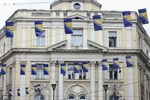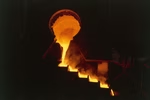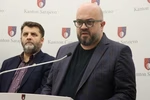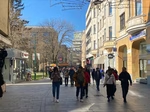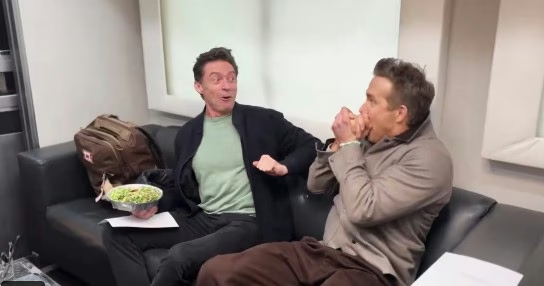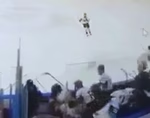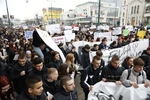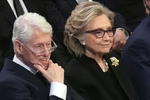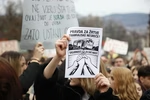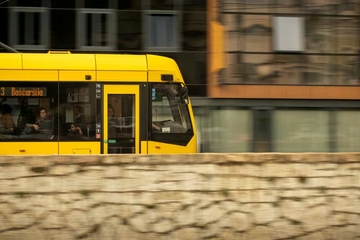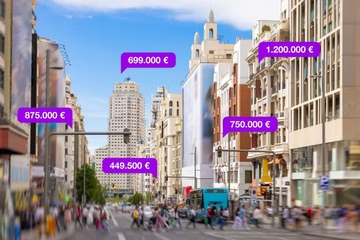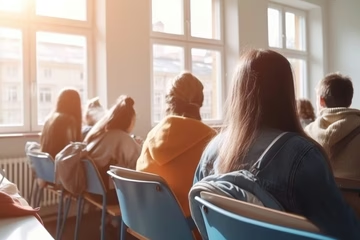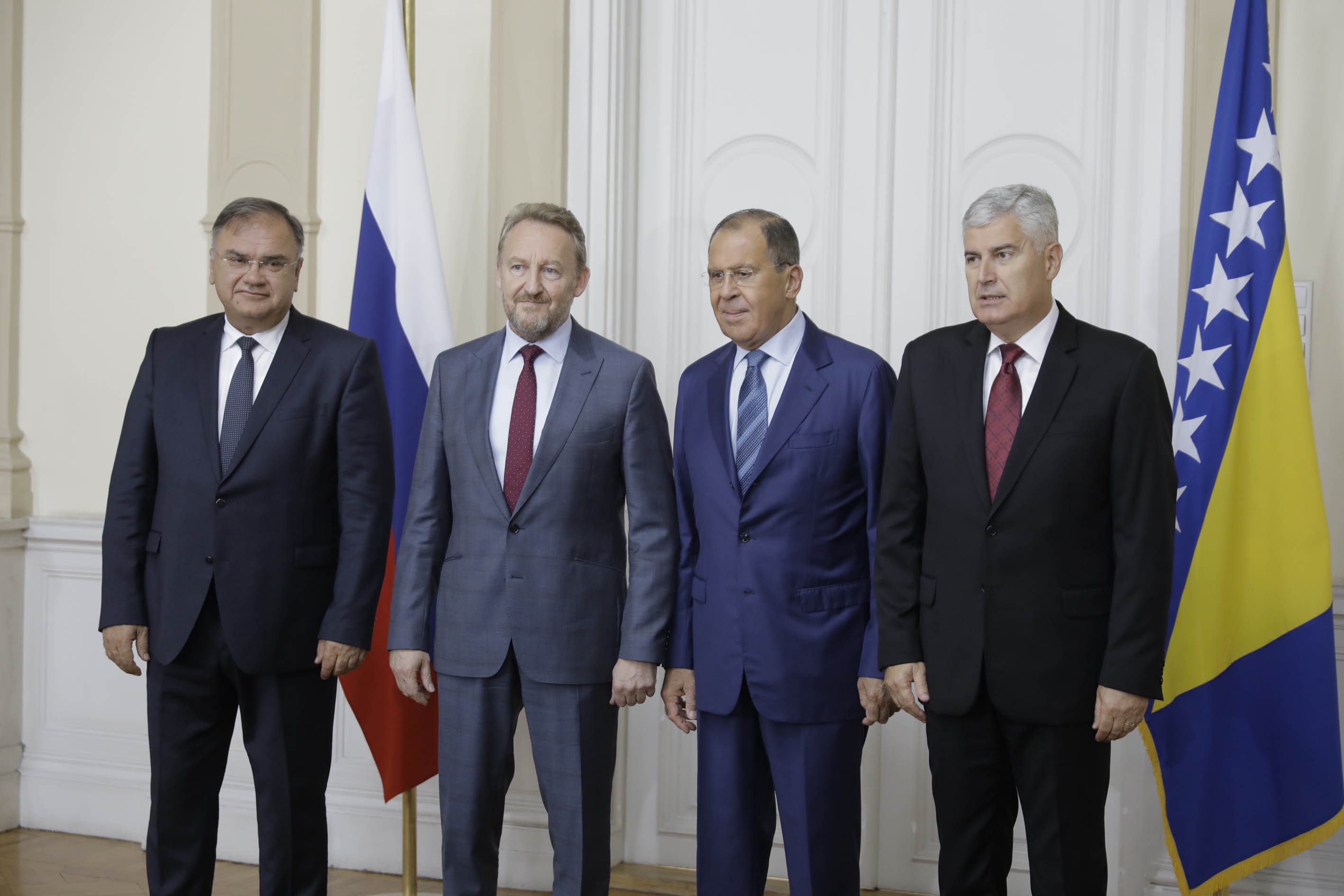
Bosnia’s Presidency members Bakir Izetbegovic and Mladen Ivanic both reiterated Lavrov’s statement that he is against any kind of destabilisation in the Balkans, but also that he does not support the demonizing of Bosnia’s entity Republika Srpska.
"(Russian Foreign Minister Sergey) Lavrov said he was against the demonizing of the Republika Srpska (RS) entity and that Russia stands for the final departure of the Office of the High Representative (OHR) (that oversees the civilian implementation of the Dayton Peace Agreement which ended the war in Bosnia), to which I responded that the problem is not in the OHR staying in the country, but the manner in which Bosnian politicians behave," Izetbegovic told N1. "In that sense, I asked him to exert some positive pressure to try to activate the OHR which has become passive in the past couple of years."
He added he asked the Russian Minister to speak to the RS President Milorad Dodik about a constitutional category which is disputed in that entity – the Bosnian language. Lavrov was surprised by this information and added that he understands the problem because "Russians face the same problem of the denial of the Russian language in Ukraine."
Bosniaks living in the RS have been fighting for years for the entity to officially recognize the term 'Bosnian language' and start using it instead of 'the language of the Bosniak people,' which is how the RS Ministry of Education currently calls the language.
His colleague Mladen Ivanic also stressed Lavrov’s statement against the demonizing of the RS as well as Russia’s support for the Dayton Peace Agreement and Bosnia’s sovereignty and territorial integrity.
"That’s the key message. They have no intention of imposing their will but they clearly expressed their will to help. They are very open to the strengthening of our economic cooperation," Ivanic said.
Ivanic stressed that both sides expressed their will for a serious expansion of economic cooperation.
"There is room for major improvements in our economic cooperation. I think this visit is very important for Banjaluka as are his messages when he said that Russia firmly supports the Dayton Peace Agreement. I don’t see how anyone could object any of his messages," Ivanic concluded.
According to Croat member of the Presidency, Dragan Covic, the Presidency members and Bosnia's Foreign Affairs Minister conveyed “good messages” during the visit of Russia's official.
“I believe the messages we sent out from the Presidency together with the minister were a good sign how to behave in the future and how to protect the interests of Bosnia and Herzegovina in the relations with our friends, regardless of whether they come from the Russian Federation, Turkey, Germany, Brussels, or the USA,” Covic added.
Asked if the relations between Russia and Bosnia could get better, he replied by quoting Russia's Foreign Minister.
“The Minister told us to say our wishes and Russia would be there,” said Covic.
After his visit to Sarajevo, Lavrov went to Banjaluka where he will visit the Serbo-Russian Orthodox temple which is to be built in Banjaluka.
Kakvo je tvoje mišljenje o ovome?
Učestvuj u diskusiji ili pročitaj komentare





 Srbija
Srbija
 Hrvatska
Hrvatska
 Slovenija
Slovenija










